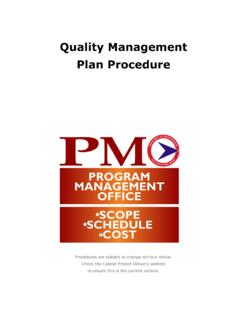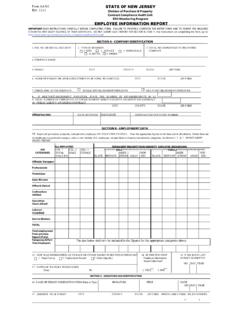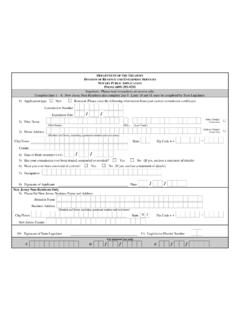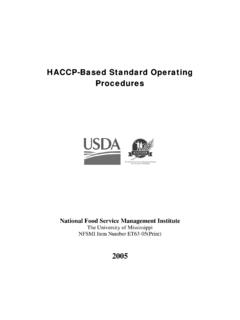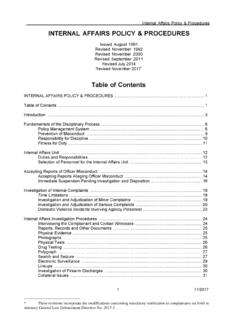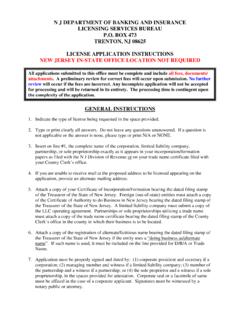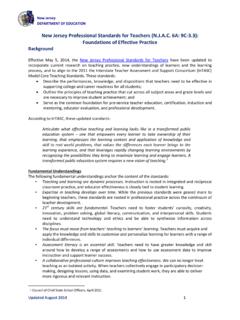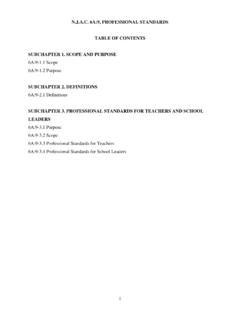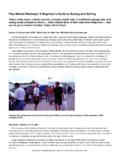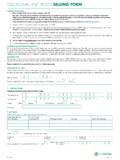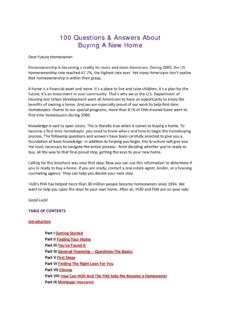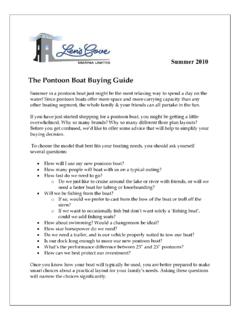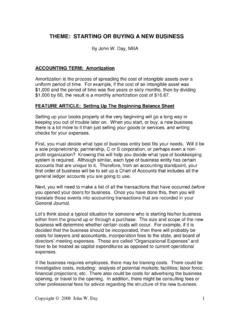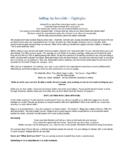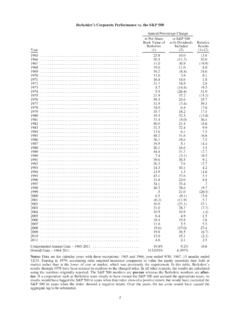Transcription of New Jersey Tax Guide - state.nj.us
1 New Jersey Tax Guide buying or selling a Home in New Jersey 2 buying a Home in New Jersey buying or selling a home can be a big decision, and we want to prepare you with the tax information you may need to know. This Guide will help residents and nonresidents of New Jersey understand what taxes or fees you may be responsible for, how and when to pay, and what Taxation forms are needed to finalize the sale. Tax Responsibilities Sales Tax: Sales Tax is not due on home sales. Realty Transfer Fee: Sellers pay a 1% Realty Transfer Fee on all home sales.
2 The buyer is not responsible for this fee. However, buyers may pay an additional 1% fee on all home sales of $1 million or more. You can find more information on the Realty Transfer Fee, including rates and exemptions, here. Property Tax Relief Programs State Relief Programs: New Jersey resident homeowners may be entitled to property tax relief benefits, credits, or deductions provided by the State of New Jersey . These benefits generally are available on a homeowner s principal residence, and include: Homestead Benefit program; Senior Freeze payment (Property Tax Reimbursement).
3 For more information and eligibility, see page 6 or visit Property Tax Relief. State Income Tax Benefits: New Jersey does not allow certain deductions on the NJ-1040 that may be allowable on your federal return, such as mortgage interest, energy saving purchases, or capital improvements. We do, however, allow a deduction or credit based on local real estate taxes paid. Resident homeowners may be entitled to property tax credits or deductions on their New Jersey Income Tax returns. These benefits for owners of a principal residence include: Property Tax Credit; Property Tax Deduction.
4 For more information, visit NJ Income Tax Property Tax Deduction/Credit for Homeowners. Local Property Tax Benefits: New Jersey resident homeowners also may be entitled to Local Property Tax Benefits, such as: Annual Property Tax Deduction for Senior Citizens and Disabled Persons; 3 Annual Deduction for Veterans; Property Tax Exemption for Disabled Veterans. Contact your local property tax office or municipality for more information. selling a Home in New Jersey Requirements can differ for residents and nonresidents when a home is sold.
5 All sellers are required to furnish a completed GIT/REP Form at closing to record the deed. See GIT/REP Forms below for information on which form you would be required to file; The majority of sellers are required to furnish the Affidavit of Consideration for Use by Seller (form RTF-1) at closing; The majority of sellers are responsible for paying a Realty Transfer Fee at closing. (This fee accompanies the RTF-1 form mentioned above. You can contact your Realtor for questions about closing costs.)
6 ; Some sellers may be required to make an estimated tax payment at closing. Realty Transfer Fee The State of New Jersey imposes a Realty Transfer Fee (RTF) on the seller whenever there is a transfer of title by deed. The fee is based on the sales price of the property, and the seller is required to pay the fee at the time of closing. (No RTF is owed on non-deed transfers of title for a house.) Note: The State of New Jersey imposes an additional transfer fee of 1% of the sales price on buyers of certain real property when the purchase price exceeds $1 million.
7 This fee is separate from a Controlling Interest Transfer Tax (CITT), which applies only to certain transfers of controlling interest in entities possessing commercial properties. You can find more information on the CITT and non-deed transfers of title here. You can find more information on the Realty Transfer Fee, including rates and exemptions, here. You can find the Realty Transfer Fee forms here. GIT REP Forms A GIT/REP form is a Gross Income Tax form required to be recorded with the deed when transferring ownership of property in New Jersey .
8 It stands for Gross Income Tax Required Estimated Payment. Its purpose is to determine whether or not an estimated tax payment is required at the time the deed is recorded. Each owner of the property being sold, including those with Life Estate Rights, must submit a GIT/REP form, and it must be completed by the seller(s) or their authorized representative. If 4 there is more than one owner, the form must reflect your percentage of ownership. Married/CU couples are considered to be one owner. See the form descriptions below to determine which GIT/REP form you would be required to use.
9 You also can get the form in person at any of our Regional Information Centers. Note: Estates and Trusts should complete one GIT/REP form, which can have multiple signatures for trustees/executors if necessary. Resident Taxpayers: New Jersey residents (individuals, estates, and trusts) who sell a home and maintain New Jersey residency file form GIT/REP-3 Seller s Residency Certification/Exemption. The completed GIT/REP-3 form is due at closing and exempts the seller from paying an estimated Income Tax payment at that time.
10 Instead, the resident seller will pay all necessary Income Tax, including tax on any capital gain from the sale of property, when it comes time to file the NJ-1040 Resident Income Tax Return. New Jersey residents who sell their New Jersey home and move outside of this state are considered nonresidents for the purpose of the sale. New Jersey may require an estimated tax payment at closing, and the seller will need to file a nonresident tax return to report any gain or loss. Nonresident Taxpayers: Nonresidents (individuals, estates, and trusts) who sell a New Jersey property are required to complete and sign the GIT/REP-1 or GIT/REP-2 form to record the deed and close the sale.

